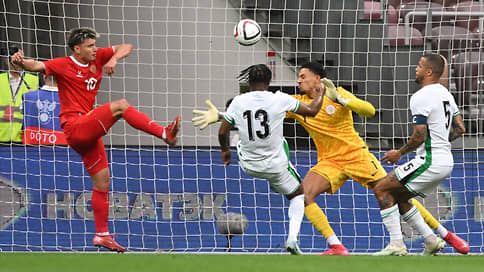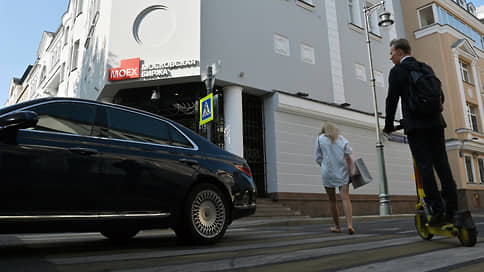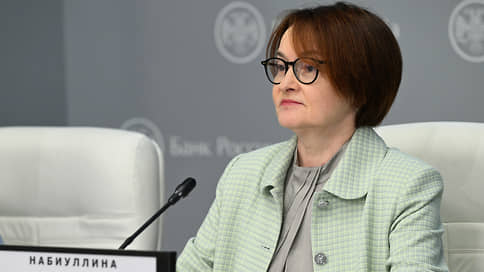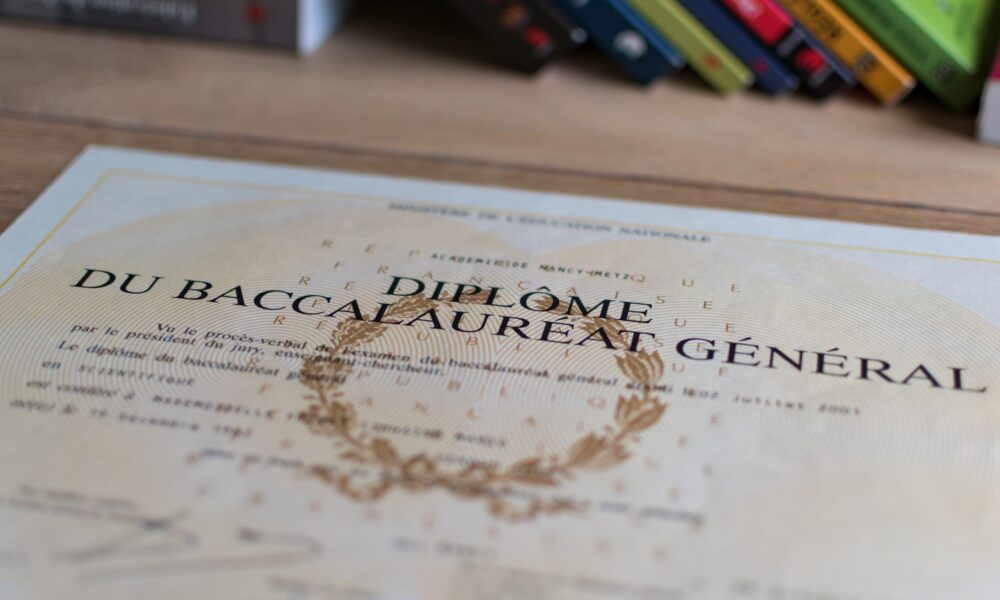The Crimean operator Miranda-Media went to the world with contractors
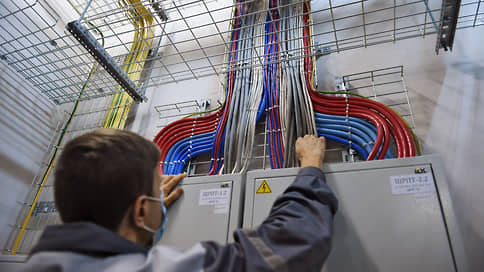
The court approved the amicable agreements between the Crimean operator of Miranda-Media and four engineering companies for the construction of networks in new territories with a total of more than 1.5 billion rubles. As part of the agreements, the operator paid three plaintiffs debts of more than 461 million rubles. Kommersant interlocutors in the market say that due to ships the pace of network construction in new territories could decrease. However, lawyers note that the practice itself in construction disputes is common: the parties prefer a compromise than a long trial.
The Crimean telecom operator of Miranda-Media LLC (19.99% of Rostelecom) settled nine claims through the global agreements for a total of more than 1.5 billion rubles, filed by the construction companies Dorsstroykh, Techstroy, Link-Artel and Technology Spirit of last year. As follows from the judicial acts, the companies applied to the Arbitration Court of Crimea due to « debt for unfulfilled obligations under the contract for the construction of the access network. »
The documents also say that the subjects of disputes were disagreements of the parties with the volume of actually completed work and their value. The judicial acts indicate that the agreements were discussed about the installation of base stations, the Vols laying (fiber-optic communication lines) and wok (fiber-optic cable), installation of VAST satellite equipment, as well as the creation of concomitant utilities. In addition, two counterclaims from the Miranda-Media to Dorstroothyu were settled.
According to the court rulings on the Kadr.arbitr portal of February 2025, Dorstrootykh, Techstroy and Link-Artel refuse to recover non-storage under construction agreements. At the same time, Miranda-Media agrees to pay debts in the amount of 137 million rubles, 210 million rubles. and 114 million rubles. respectively. There are no documents on the « Sector Technology » in the public domain.
The Miranda-Media “Kommersant” reported that in all court cases the parties concluded amicable agreements. The operator also explained that the subject of the dispute was that the parties did not agree with the volumes of actually completed work and their value. Miranda-Media will continue cooperation with companies in the framework of the terms of the global agreements. The “Kommersant”, “Technostroe”, “Link-Artele” and “Spectrum of Technologies” did not answer the requests of Kommersant.
The pace of laying of the Vols and the installation of the BS in the new territories of Russia could decrease due to ships, since the transfer of work from one contractor to another is a complex process, says independent telecom-analyst Alexei Skyukin. Perhaps the limited budget did not allow us to look for a new contractor in return for the existing ones, so it was decided to go to the settlement agreement, he admits.
Denis Kuskov, CEO of Telecom Daily, does not agree with this, who believes that the courts could not affect the pace of construction, since Miranda-Media has a partner in the form of Rostelecom. However, he adds that it is difficult to find a contractor in new territories, so the price of building networks can differ greatly from the average price in Russia.
The managing partner of the Novator Legal Group Vyacheslav Kosakov believes that the situation with the judicial disputes of Miranda-Media demonstrates a common practice in construction disputes, when the parties prefer a compromise than a long trial with an indefinite result. He adds that the situation with the duplication of claims (five claims from the “Dorstroitekh”) in this case is associated with the procedural separation of the requirements of the courts, the possible legal tactics of the plaintiffs and is not an unambiguous violation. However, if duplicate claims were considered at the same time, the defendant could declare their unification in order to exclude the possibility of double penalty.

